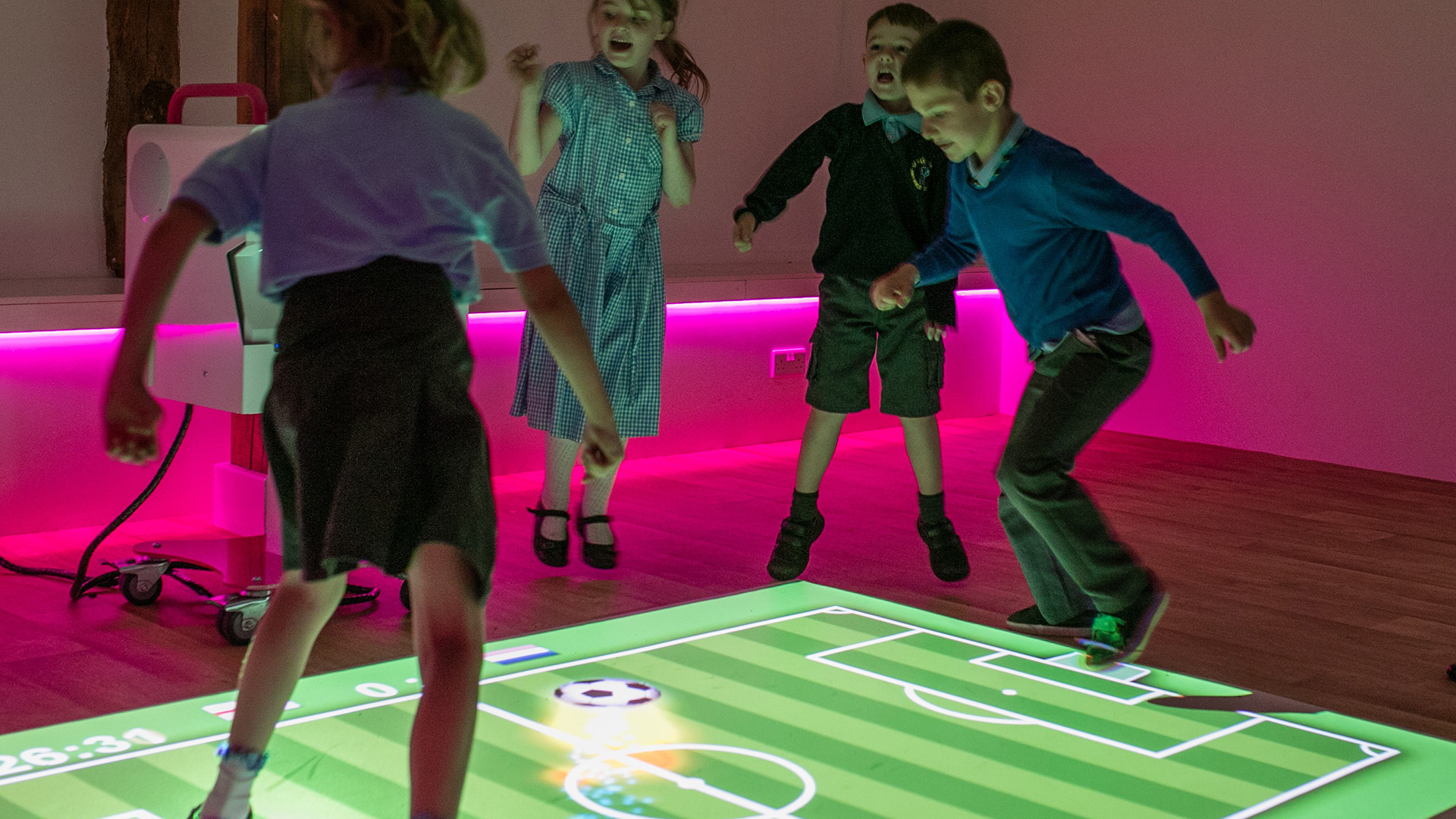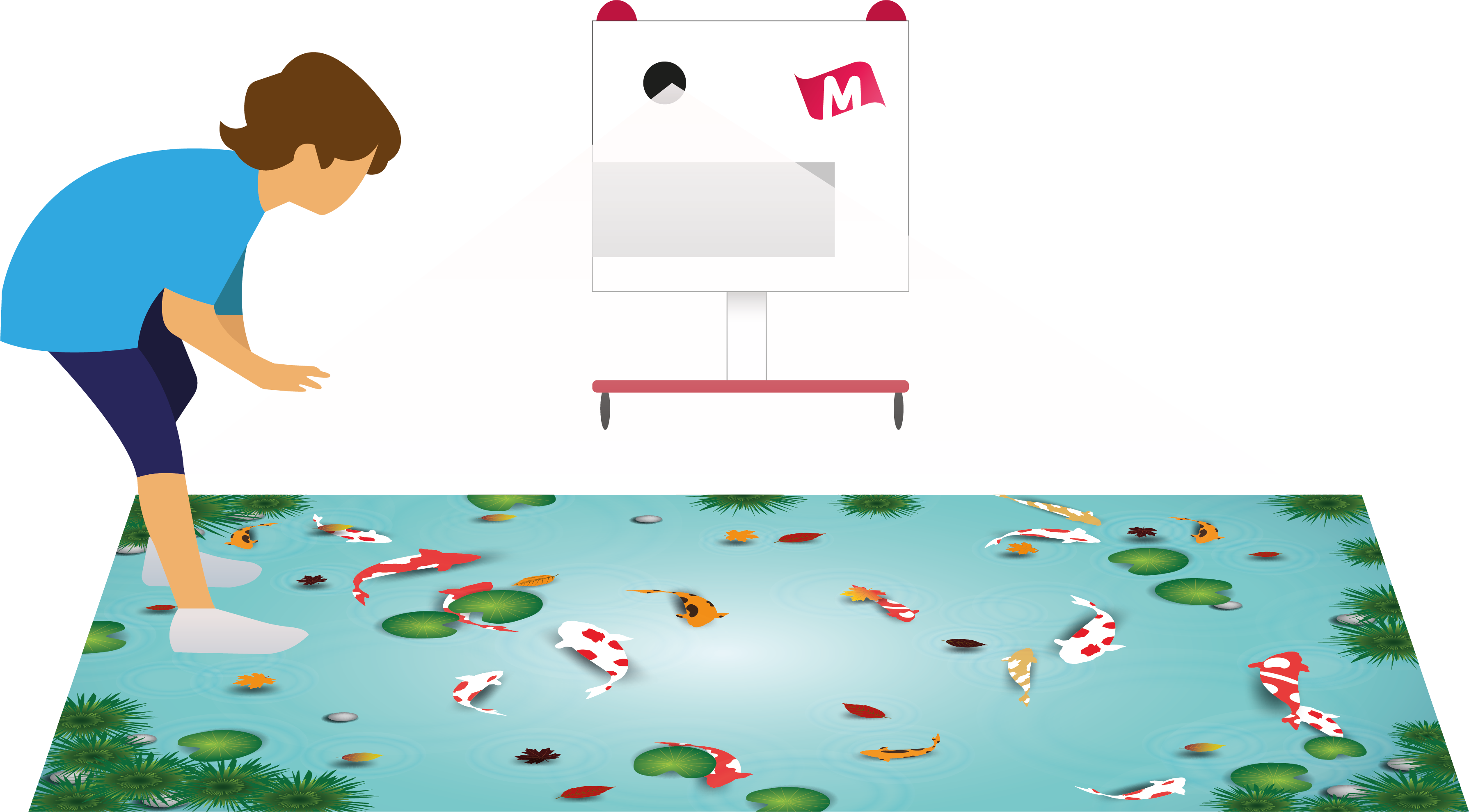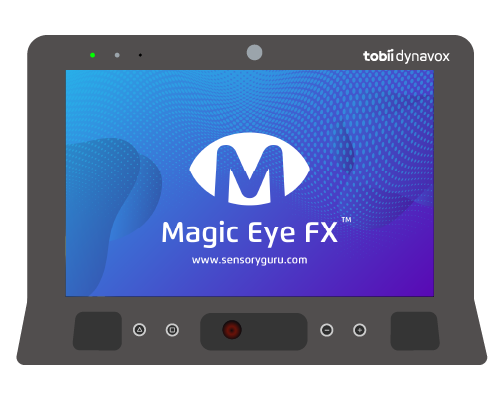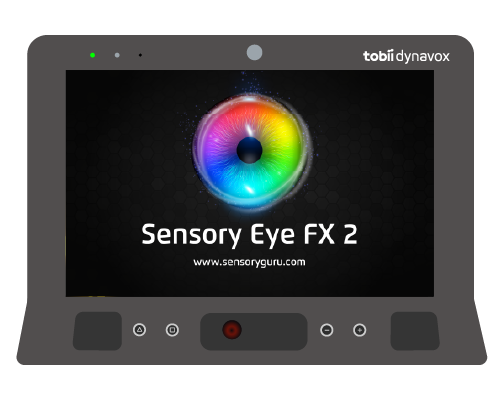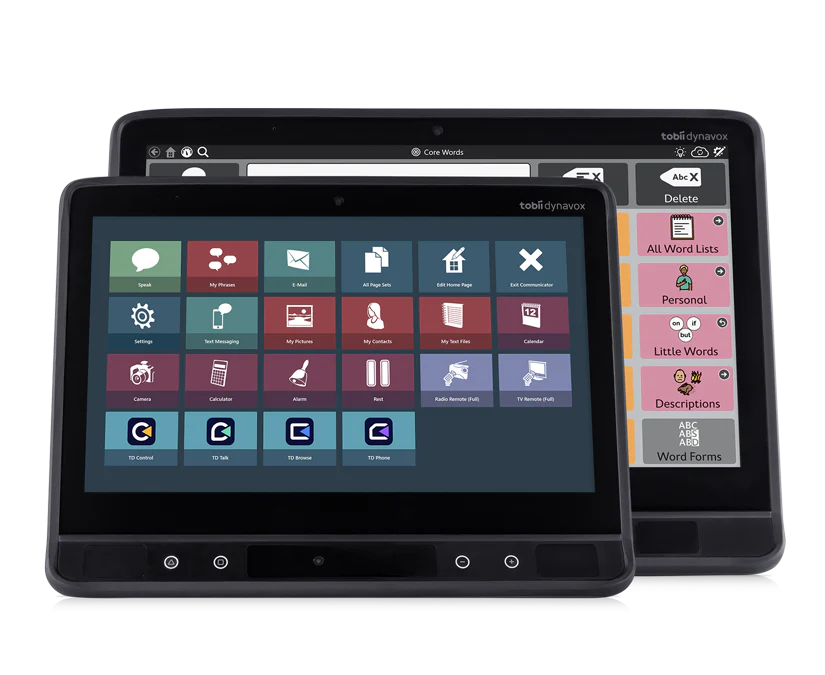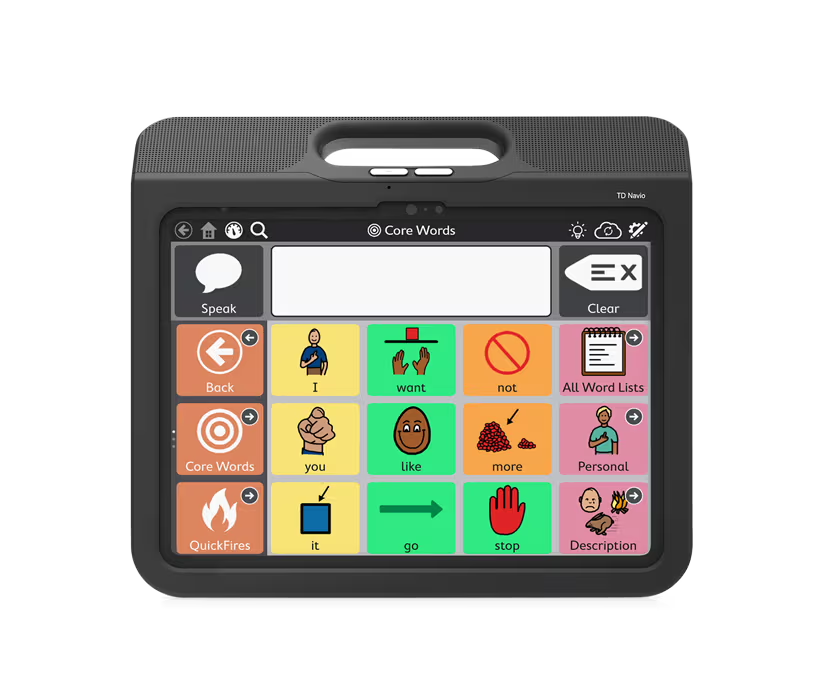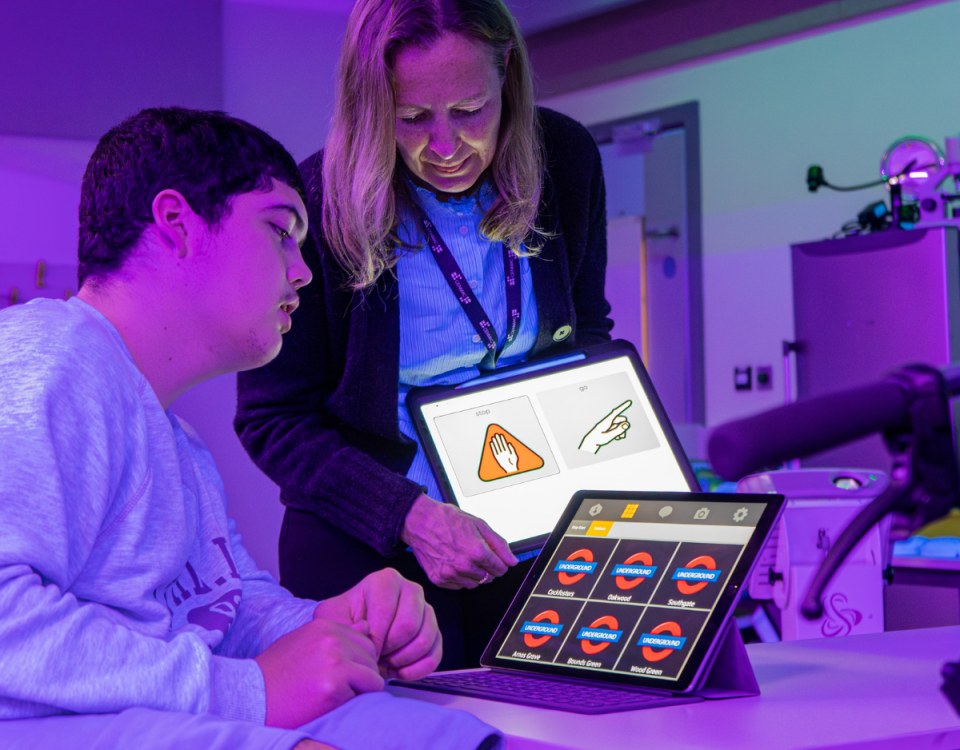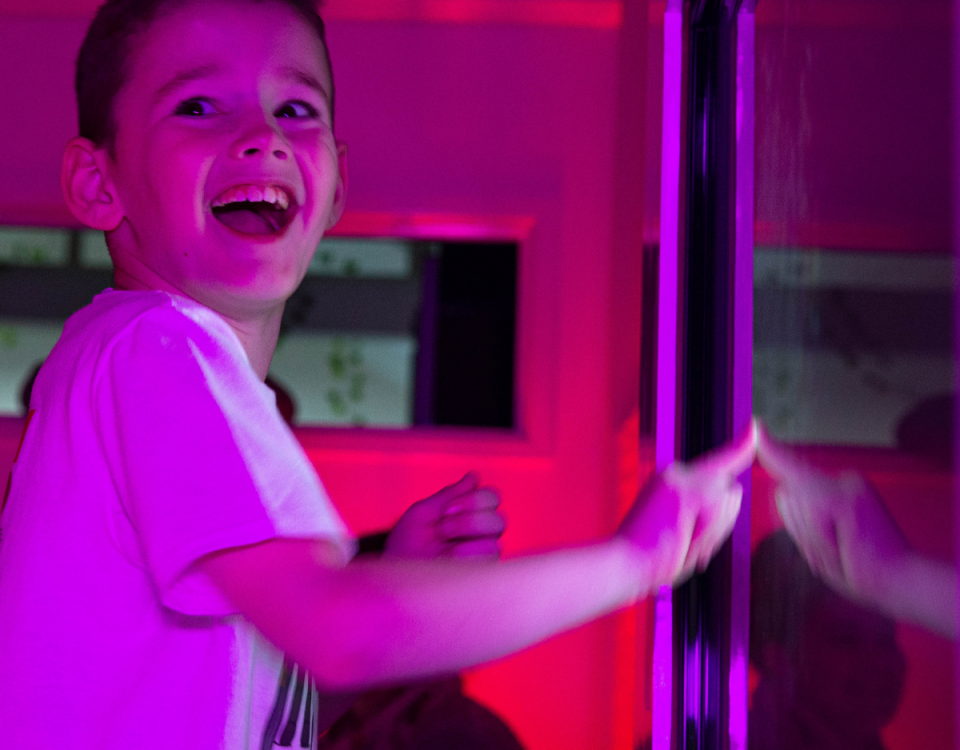
Debunking Common Eye Care Myths: Insights from Lisa Donaldson
December 26, 2024
What is Diagnostic Overshadowing? Insights from SeeAbility
December 27, 2024Lisa Donaldson, Head of Eyecare and Lead Clinical Optometrist at SeeAbility, shares invaluable tips for parents and educators supporting children with neurodevelopmental impairments. By prioritising routine eye care and fostering collaboration, we can maximise the visual potential of every child.
SeeAbility’s Model of Eye Care
The Royal College of Paediatricians guidelines advise that every child with a neurodevelopmental impairment should be considered visually impaired until proven otherwise. This underscores the need for regular and comprehensive eye care for children in special education settings.
Key Components of SeeAbility’s Framework
- Routine Annual Eye Checks: Ensures ongoing monitoring of vision.
- Reports on Visual Abilities and Limitations: Provides clear insights into a child’s vision.
- Provision of Glasses: Corrects refractive errors to improve vision.
- Support with Glasses: Helps children adapt to wearing and using glasses effectively.
This model is designed to be school-based, ensuring accessibility and ease of integration into the child’s routine.
The NHS Commitment
The NHS Long Term Plan has committed to rolling out SeeAbility’s school-based eye care model nationwide, ensuring consistent and equitable access to eye care for children with neurodevelopmental impairments across the UK.
Get Thinking About Vision
Lisa encourages parents and educators to reflect on the child’s visual needs:
-
Ask Key Questions
- “What can this child see?”
- “What does this child need to maximise their visual potential?”
-
Avoid Assumptions
- Do not automatically attribute behaviours to the child’s primary diagnosis (e.g., autism or cerebral palsy). A visual impairment could also be contributing to their difficulties.
-
Conduct Functional Visual Assessments
- These assessments can provide a baseline understanding of the child’s visual abilities, helping to tailor support.
Working as a Team
School-based eye care services enable collaboration between educators, parents, and eye care professionals:
- Information Sharing: Educators and parents can share observations about the child’s functional vision.
- Action Plans: Combined with professional assessments and measurements, this information helps create tailored action plans for resources, support, and educational strategies.
Key Vision Tips for Parents and Educators
-
Assume Visual Impairment Until Proven Otherwise
- All children with neurodevelopmental impairments should be considered visually impaired until confirmed otherwise.
-
Ensure Regular Eye Tests
- Routine checks are essential to monitor and address vision needs.
-
Don’t Overlook Visual Impairments
- Behaviours attributed to a primary diagnosis may instead indicate an undiagnosed vision problem.
-
Conduct Functional Visual Assessments
- Use these assessments to understand the child’s visual abilities before an eye test.
Final Thoughts
Vision care is a critical component of support for children with neurodevelopmental impairments. By following these tips and adopting SeeAbility’s framework, parents and educators can ensure children receive the eye care they need to thrive.
For more information on SeeAbility’s work, visit SeeAbility.


